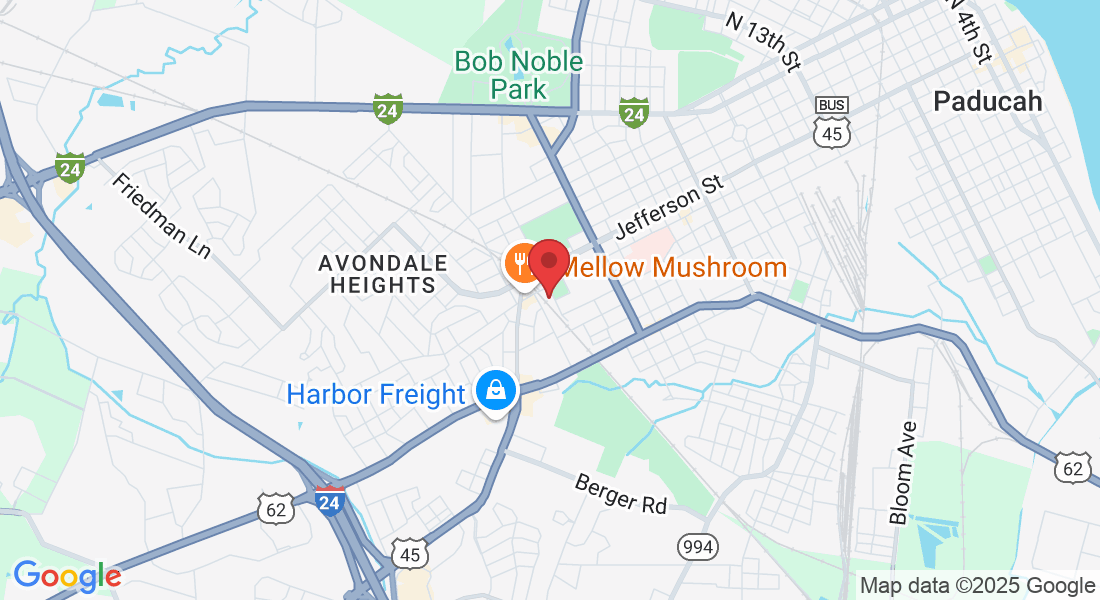Moving Check List
Whether you are more than a month from moving or tomorrow is moving day, below is a moving checklist to help make your move as easy as possible.
One month or more before the move
Research moving companies, checking references, obtaining written estimates as well as pickup and delivery dates. Check the maximum insurance coverage offered.
Arrange to rent a storage facility if you plan on storing any of your possesions.
Contact your bank to arrange transfer of your accounts, order checks with your new address and remove any contents you may have in a safety deposit box.
Contact your insurance companies to change property, auto, and medical policies.
Submit change-of-address forms to the post office.
Contact your doctor and other medical providers for your medical records.
Notify your children’s schools and daycare centers, arrange for the transfer of their records.
Cancel all subscriptions to newspapers and other publications.
Begin gathering boxes, tape, bubble wrap, newspapers, garbage bags, and markers for packing.
Two weeks before the move:
Contact telephone, electric, gas, water, and disposal companies to discontinue services.
Begin packing items that are used less often, numbering and labeling each box and keeping an inventory.
Measure all of the rooms in your new residence and use floor plans to determine where all of your belongings will go.
Check requirements in your new community for new driver’s licenses, auto registration, and tags.
One week before the move:
Confirm arrangements and dates with moving, storage, auto, and pet transportation companies as well as hotel, rental car, or temporary housing accommodations.
Make an inventory list of all of the items that will be going with you personally, such as valuable and irreplaceable items. Or you may want to send such items by insured registered mail.
Disassemble furniture or other such items, including rugs and draperies.
Check yard and outdoor buildings, including sheds, shops and garages, for all items to pack.
Organize a “survival box” for the move, which includes but is not limited to: paper, pens, stamps, envelopes, cellophane, and heavy-duty tape, cleaning supplies, scissors, tape measure, paper cups, plastic bags of all sizes, paper plates and towels, plastic utensils, a can opener, facial and toilet tissue, instant coffee or tea, cream and sugar, soap, aspirin, band-aids, bottled water, a travel alarm clock, flashlight, a small tools kit, trash bags, snacks or drinks, children’s games, address book, spare car keys, and phone books for the city you are leaving as well as the city you are moving to.
One or Two days before the move:
Make sure all household goods are properly packed and boxes clearly labeled by movers, thereby able to be removed from the house in an orderly fashion.
Clean and defrost all refrigerators and freezers, placing deodorizer inside.
Reconcile and close bank accounts, unless you are planning to use a different branch of the same bank in your new community.
Moving day:
Thoroughly clean the home, yard, and entire grounds, making sure to pack everything you are taking, that all windows or doors are closed and locked, and all appliances are turned off.
Record the van driver’s name and confirm the delivery address, directions, and delivery date with movers.
Turn off the water heater and set the thermostat at 55 degrees.
Arrival day:
Supervise movers on where items and boxes should be placed; checking for damaged items and other issues that may have occurred during the moving process. Begin unpacking the essentials first, such as basic kitchen utensils or bath toiletries.
Check to make sure all of the utilities in the new home are turned on and working properly. Contact a repair person if there are any problems.
Check on utility services – gas, electric, water, telephone, etc.
If relocating to a new state, register the car within 5 days of arrival and apply for a state driver’s license.
If staying within the state, obtain a driver’s license with your new address on it.
Register children in school if you haven’t done so already.
Set up new patient appointments with doctors, dentists, etc.
Explore your neighborhood!!
Have A Question?
We are here to walk along side you through the entire buying process.
Send us a message and we will be glad to help find your perfect dream home!
Frequently Asked Questions
Here are some of the common questions we hear from our customers.
BUYING RELATED QUESTIONS
How do I know if I’m ready to buy a home?
If you have stable finances, a clear idea of your needs, and are ready to settle in one location, you might be ready to buy. Brian can help you evaluate your readiness.
What is the first step in the home-buying process?
Getting pre-approved for a mortgage is a great place to start. It helps you understand your budget and shows sellers you're serious.
How much do I need for a down payment?
The amount varies, but many buyers put down 5%–20%. Some loan programs require even less. Brian can connect you with trusted lenders to explore your options.
What should I look for during a home tour?
Pay attention to layout, condition, and location. Consider future needs and potential red flags. Brian will help you identify key factors and ask the right questions.
Do I need a home inspection?
Absolutely. A home inspection helps uncover potential issues before you buy, giving you peace of mind or negotiation power.
SELLING RELATED QUESTIONS
How do I determine my home’s market value?
Brian offers a free comparative market analysis (CMA) to help you understand your home’s current value based on market trends and recent sales.
How long does it take to sell a home?
Timing varies depending on the market, pricing, and location. On average, homes in Paducah sell in 4 - 12 days. Brian and the team works to streamline the process and attract the right buyers quickly
What steps should I take to prepare my home for sale?
Declutter, clean, and make minor repairs. Brian also offers guidance on staging and professional photography to showcase your home at its best.
What costs should I expect when selling my home?
Typical costs include agent commissions, closing fees, and potential repair costs. Brian will provide a clear breakdown so there are no surprises.


